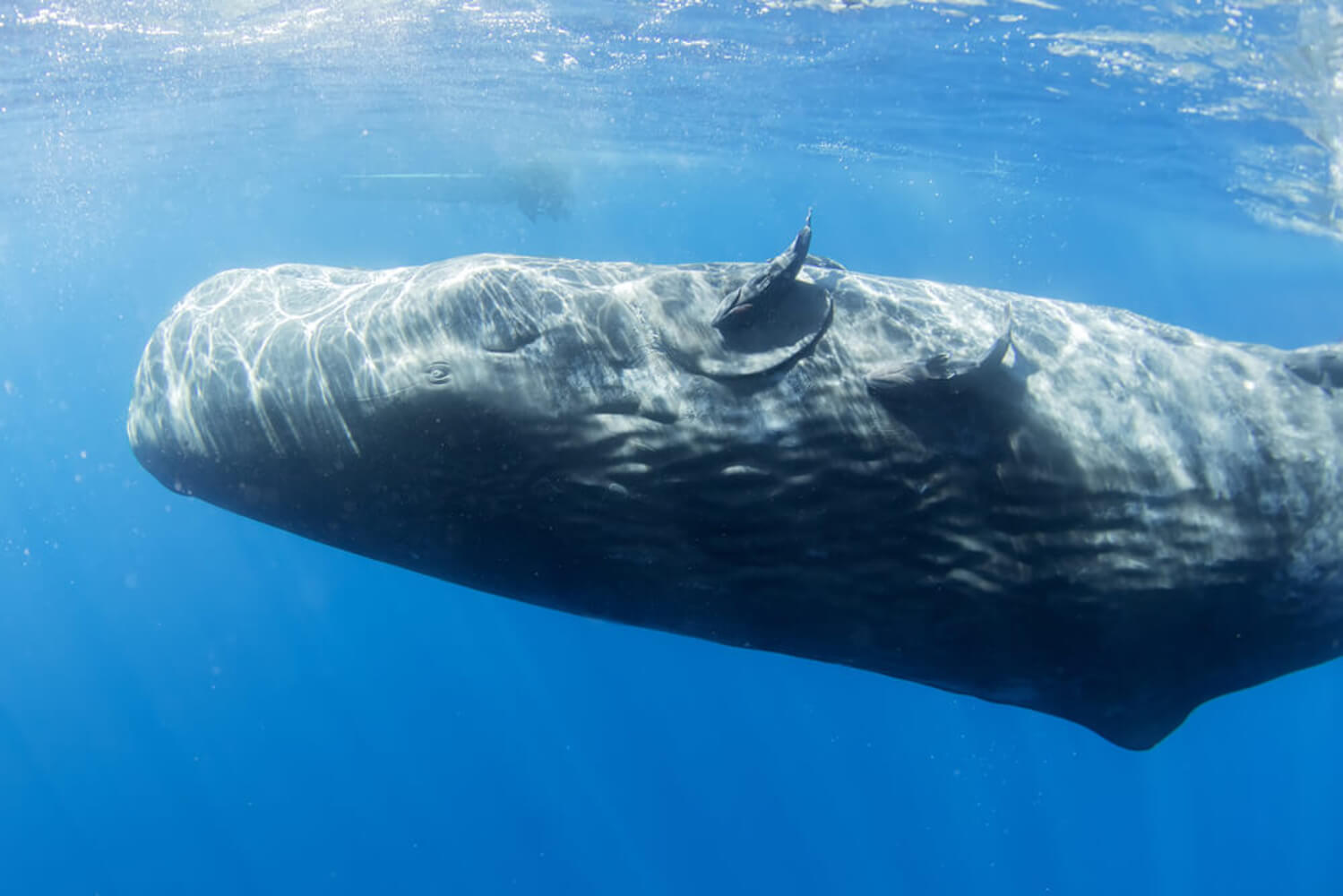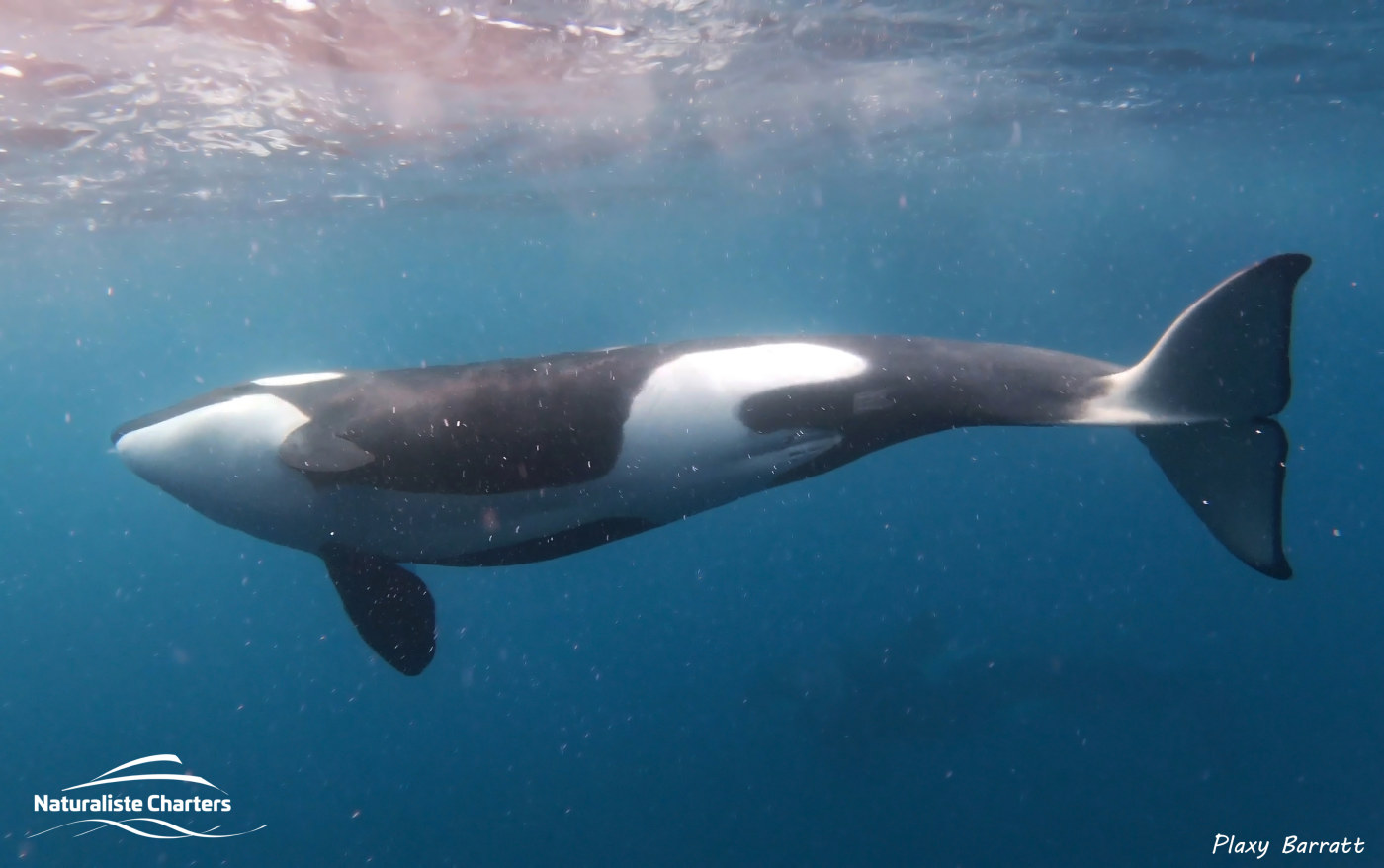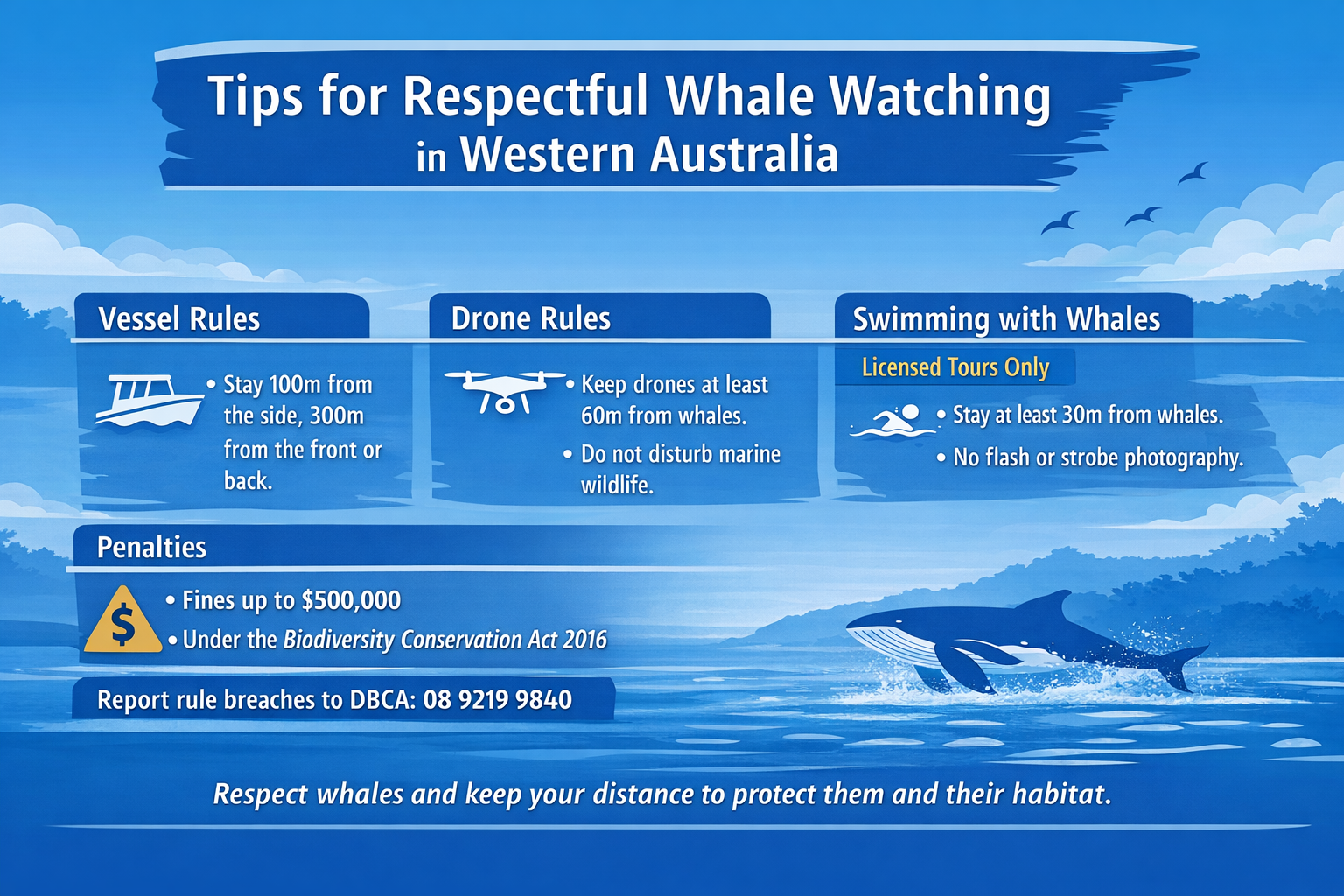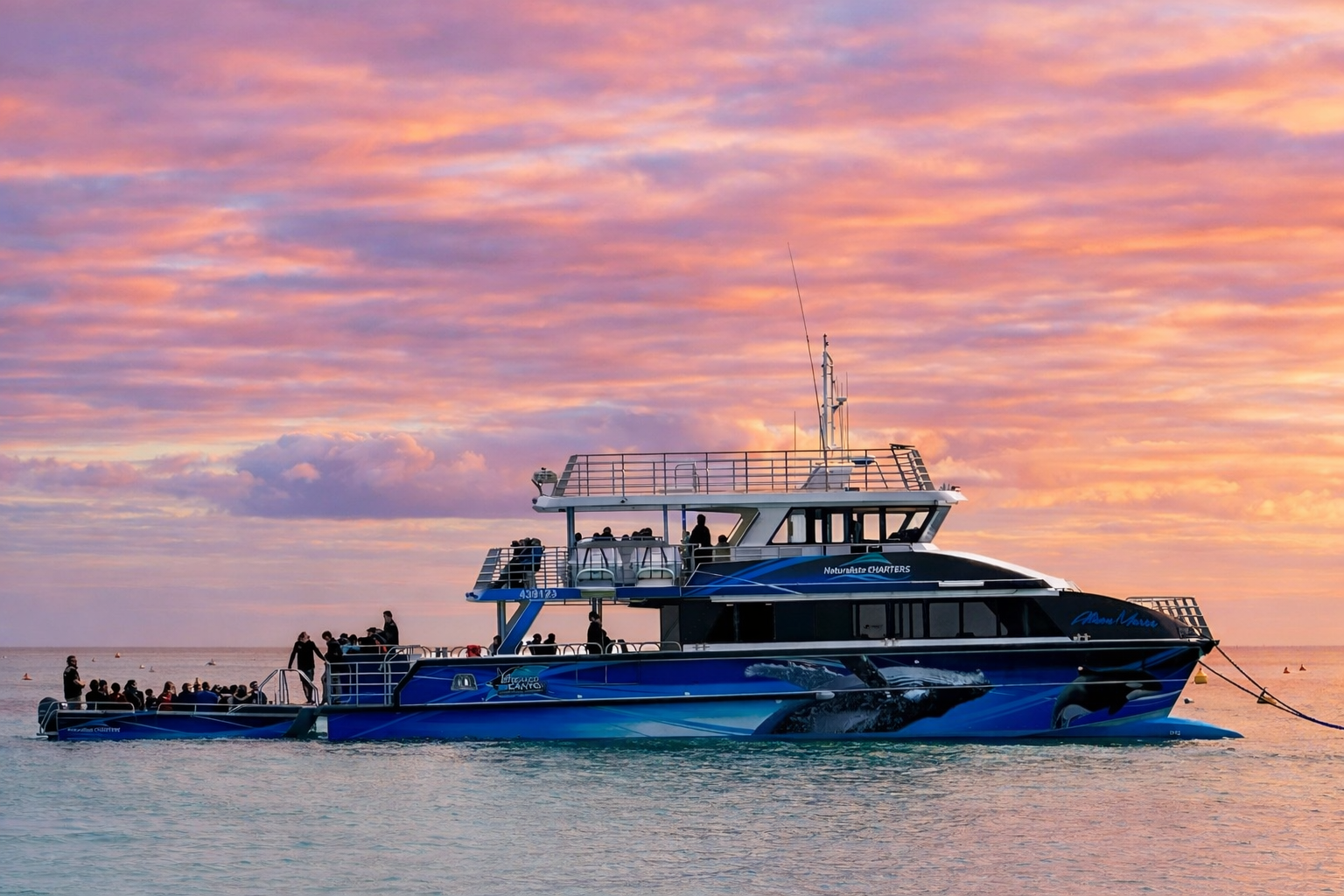For mammalian creatures that spend all of their lives at sea, they already face a multitude of challenges. None greater than the topic of sleeping. For whales and dolphins who share many similarities to us, such as giving birth to live young and breathing air, they must also get a certain amount of rest. However, the simple act of sleeping isn’t so straightforward for these cetaceans. They can’t just shut their eyes and get their 8 hours of deep dreamy rest.
Whales and dolphins must have part of their conscious brain tuned into breathing at all times. The whole process for how whales sleep is less human-like and more similar to how seabirds function.
Throughout this blog we will address common questions such as how do whales sleep, how long do they sleep for, do whales hold their breath while sleeping and can a whale drown.
How long do they sleep for?
To begin, we must understand that not all whales and dolphins are made equal. Some baleen whales are much slower moving while some dolphin species will dart around using high amounts of energy all day! Some can hold their breath for much longer while others can only manage five minutes until they need to resurface for air.
One study found that bottlenose dolphins will in fact sleep for 33% of the day. A third of their day, which seems to line up with humans. However, this period of rest can be broken up and undertaken in small amounts throughout the day. Another study found some bottlenose dolphin populations will stay “active” for up to three weeks before taking a nap!
Even while asleep, whales will keep breathing. This is called micro-sleeping. Where half of the brain shuts down, including the opposite eye, and will begin cell recovery.
The other half or ‘hemisphere’ will stay somewhat active, focusing on staying upright, taking a breath and keeping a lookout for other pod members or danger.

How do whales sleep?
There are a few different techniques when it comes to whales sleeping. Sleeping on the surface during the day is discouraged as sunburn and exposure to the surface can lead to skin damage and further issues. This means most species will drop down below 5 or even 10 metres to cut out the severity of damaging UV rays.
Some whales will continue swimming horizontally through the water. Surfacing in synchronisation with other pod members every few minutes to take a breath. In Bremer Bay, the Australian orca will sleep using this method.
Others will drop below the surface and hang vertically in the water, such as sperm whales. They have a large fatty deposit in their head which allows them to sit relatively still and keep them afloat. These whales typically have a longer breath-hold of forty minutes plus.
For whales with calves, a new problem is presented. Baby whales are born without any blubber. This fatty layer grows with age and is helped along by plentiful food. A baby whale will be negatively buoyant, meaning if it is still, it will sink. So to combat this, they must be moving at all times. However, a small whale doesn’t have the energy to swim all the time! To deal with this, mother whales have come up with a solution. They get their calves to swim right next to their bodies just behind the dorsal fin. This is known as slip-streaming or “echelon swimming”. The calf will barely use any energy and stay afloat!

Complexities for breathing and sleeping
The act of sleeping is to go into a state of complete relaxation. Whales cannot do this otherwise their blowhole, controlled by muscles, will open and cause water to enter their respiratory system.
Unlike humans, who breathe involuntarily, orcas must be thinking about when to take that next breath. They must have some parts of their brain alert to where they are in the water, how close to the surface and when to exhale and inhale.
Some whales will actually use less energy on a deep sea dive as they can shut down body functions like gut processing and a slower respiratory rate, then swimming along asleep just below the surface. For example, Cuvier’s Beaked Whales.
Do whales drown?
So with all this in mind, you can understand how whales can and do drown in their watery home of the ocean.
Without access to air at the surface, every mammal that breathes air can drown. They are specialised to live in this environment so drowning is not the lead cause of death. It is usually indirectly caused by a predator hunting its prey and holding it underwater or anthropomorphic influences such as being trapped in discarded fishing gear.
The conversation around “old” whales and dolphins is still up in the air. As a whale gets old and is unable to keep itself afloat it may be susceptible to drowning.
Where to see sleeping orca in the wild
Cetaceans in the wild are incredible to see. Whether you can catch them hunting, chasing or even sleeping, it is a bucket-list item to see wild orca.
Naturaliste Charters are the founders of the killer whale expeditions in Bremer Bay, Western Australia. Leaders of whale watching in Western Australia, with an experienced and educated crew, they will show you the wonders of the area and the wildlife that frequent here. With Marine Biologists onboard who are actively conducting research, they also provide scientific explanations to what you are encountering. Such as the sleeping behaviour we delved into above.




